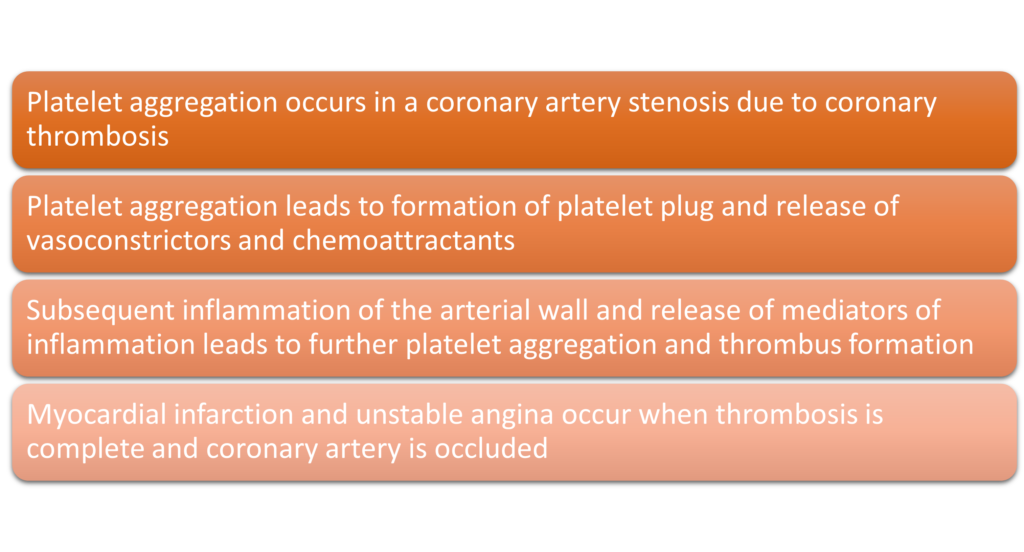Definition and Incidence
- Acute Coronary Syndrome (ACS) is an umbrella term used to describe a spectrum of clinical presentations, including unstable angina, non-ST elevation myocardial infarction (NSTEMI), and ST elevation myocardial infarction (STEMI)
- Incidence of ACS is estimated to be 1.5-2 million cases annually in the United States.
- Risk factors for ACS include: hypertension, diabetes, smoking, dyslipidemia, obesity, family history of coronary artery disease, and sedentary lifestyle.

Pathophysiology of Acute Coronary Syndrome

Clinical Presentation
- Chest pain (angina) is the most common symptom of ACS
- Other symptoms may include: sweating, nausea, vomiting, shortness of breath, fatigue, and lightheadedness
- History and physical exam are necessary to evaluate ACS
- Risk factors for ACS include:
- Smoking
- Hypertension
- Dyslipidemia
- Diabetes
- Family history
